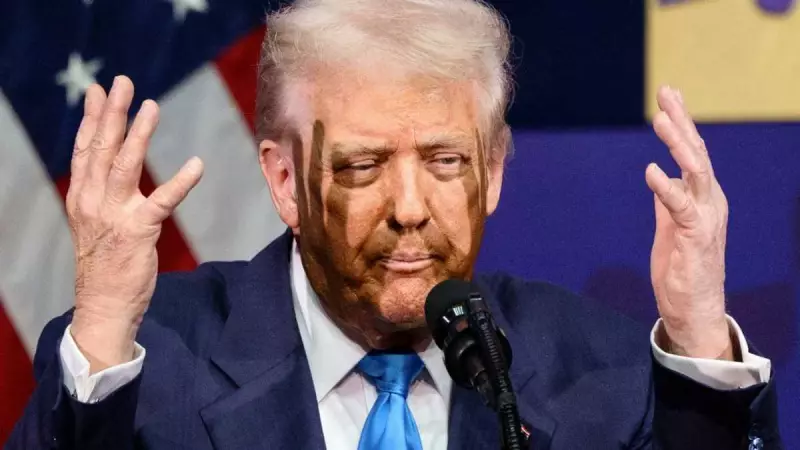
The global economic community is holding its breath as two of the world's most powerful leaders prepare for a critical face-to-face meeting that could determine the future of international trade relations.
President Donald Trump and Chinese President Xi Jinping are scheduled to meet during the upcoming G20 summit in Japan, with both sides indicating a willingness to negotiate a truce in their escalating trade war that has shaken financial markets worldwide.
The Stakes Couldn't Be Higher
This high-stakes diplomatic encounter comes after months of escalating tensions that have seen both nations impose billions of dollars in tariffs on each other's goods. The economic confrontation has not only strained relations between Washington and Beijing but has also created uncertainty across global supply chains and manufacturing sectors.
"The entire world is watching this meeting," noted Dr. Adebayo Johnson, a Lagos-based international relations analyst. "When the American and Chinese economies clash, African markets feel the tremors. A resolution would bring much-needed stability to emerging economies."
What Both Sides Want
According to White House officials, President Trump has expressed optimism about reaching an agreement, though he maintains that any deal must address long-standing concerns about China's trade practices. The US has particularly emphasized the need for:
- Better protection of American intellectual property
- Reduced barriers to US companies operating in China
- More balanced trade terms between the two nations
Meanwhile, Chinese officials have signaled their desire to de-escalate tensions while protecting their country's economic interests and development goals.
Potential Impact on African Economies
The outcome of these talks carries significant implications for African nations, particularly those with strong trade relationships with both economic superpowers. Nigerian economists have noted that continued trade tensions could affect commodity prices and investment flows to the continent.
"African countries have become collateral damage in this trade war," explained financial analyst Chioma Okeke. "A resolution would not only benefit the US and China but would create more predictable conditions for international trade that developing economies desperately need."
As the world awaits this pivotal meeting, business leaders and policymakers globally hope that dialogue will prevail over confrontation, potentially opening a new chapter in US-China economic relations.






